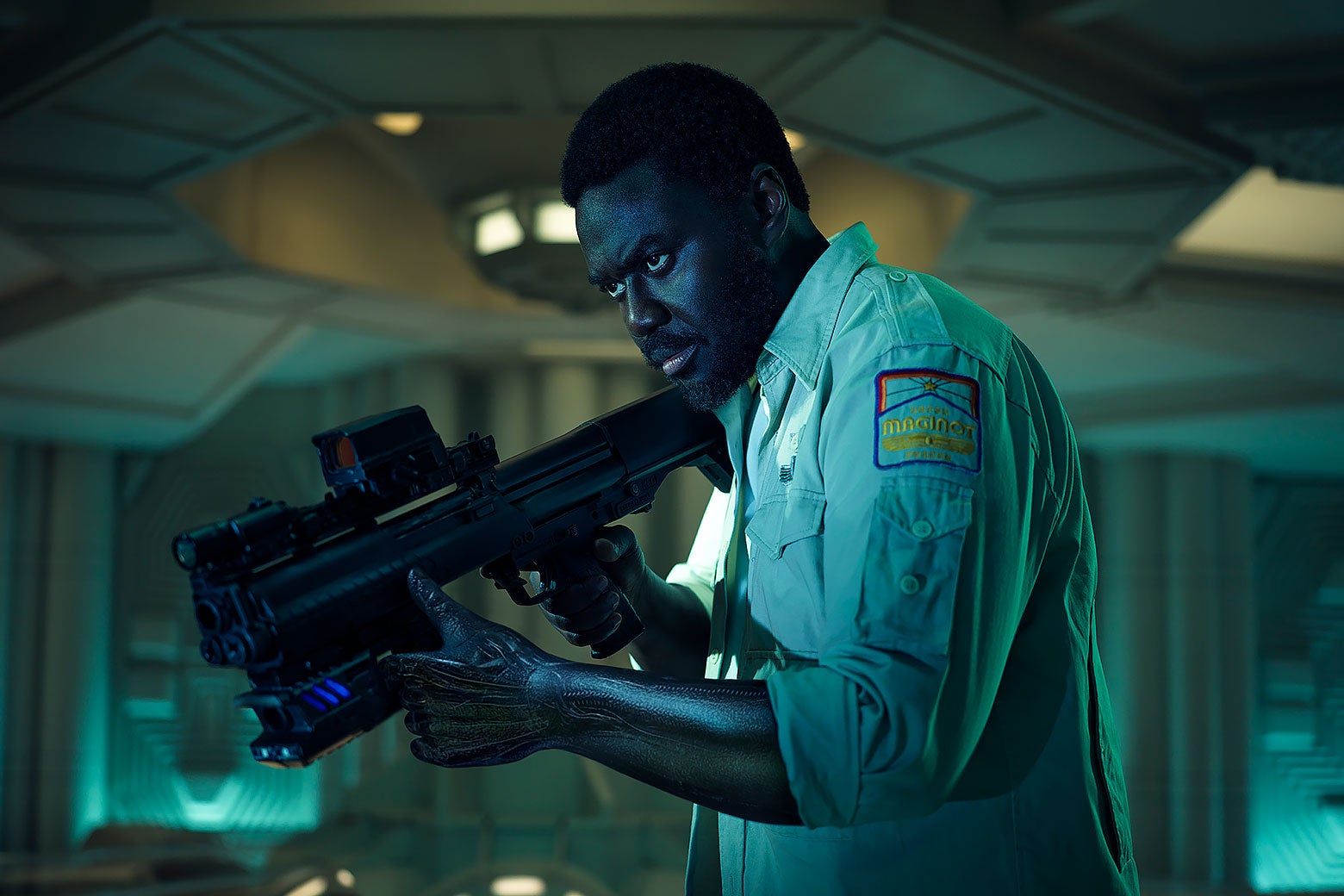
"Deemed expendable by their employers over the monsters in the cargo hold (at least the crew of the USCSS Maginot, unlike the Nostromo, knew the monsters were the mission), they are made mortally aware of their place at the bottom of several food chains at once. With the FX show's fifth episode, cheekily titled "In Space, No One ...," creator Noah Hawley takes us back"
"As Slate's own Sam Adams has noted, the series is Hollywood's greatest non-franchise, a collection of films (and comic books and video games) constantly remixing a few primary colors into compelling new shades. Their collective strength lies in just how audacious each revisitation can be while remaining recognizably Alien, as absurd a phrase as that is. There have been diminishing returns to this of late,"
Alien: Earth begins where most Alien stories end, following blue-collar workers who realize they have always been doomed. The USCSS Maginot crew is treated as expendable by employers who prioritize the alien cargo over human life. The FX show's fifth episode revisits the Maginot's corridors and adapts Ridley Scott's original structure to new thematic aims. The franchise repeatedly remixes core elements across films, comics, and games, relying on audacious revisitations while remaining recognizably Alien. Noah Hawley blends wistful, Blade Runner–like visuals with the franchise’s persistent cruelty to deny easy heroism or noble humanity.
Read at Slate Magazine
Unable to calculate read time
Collection
[
|
...
]